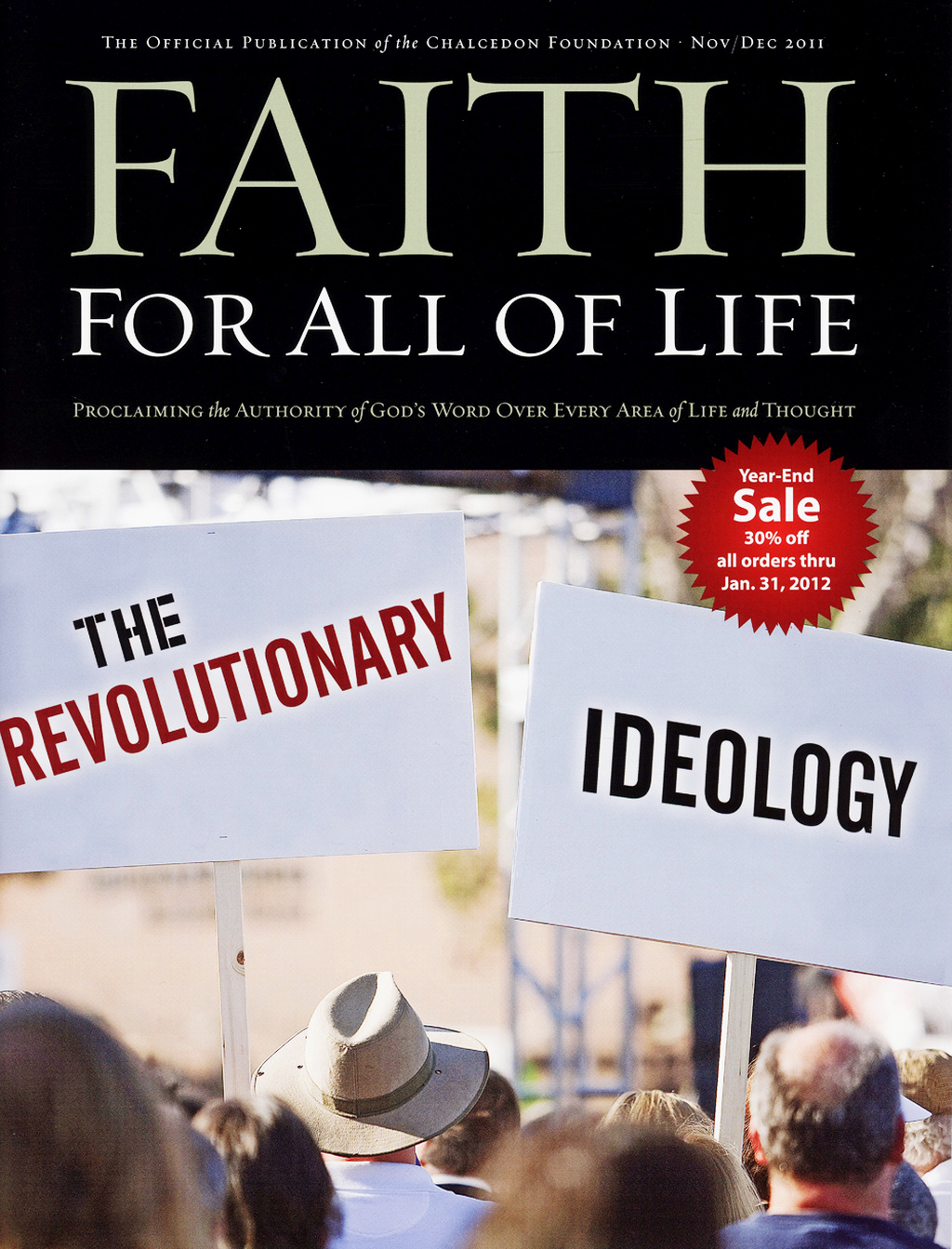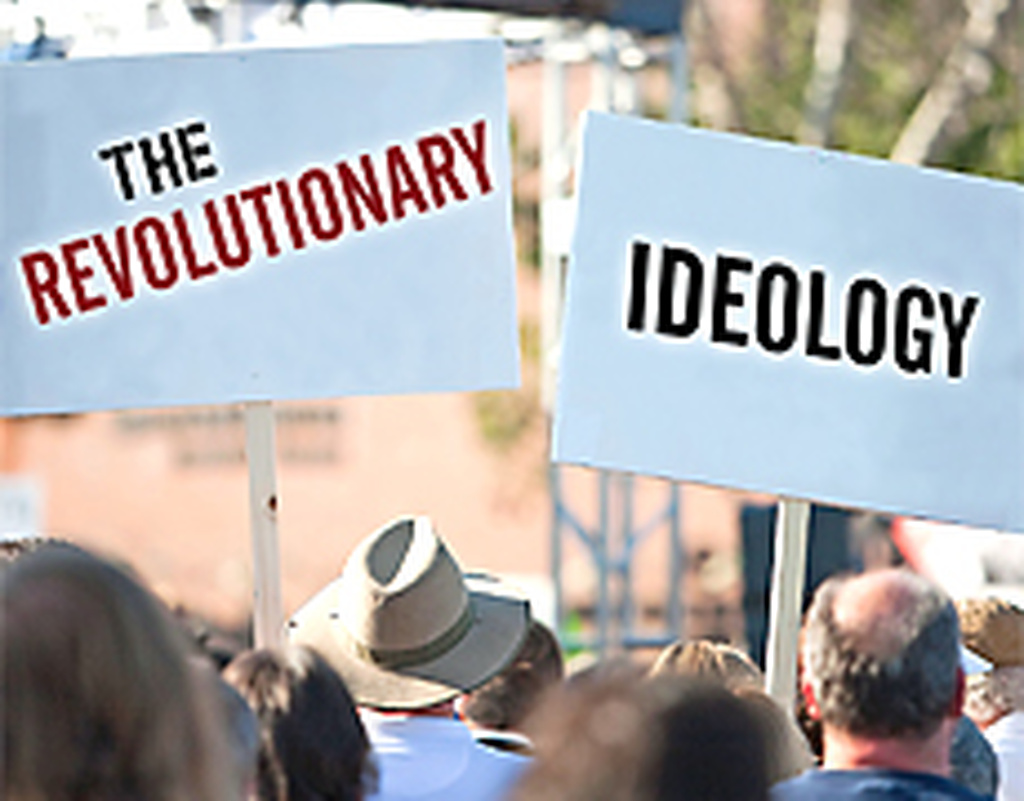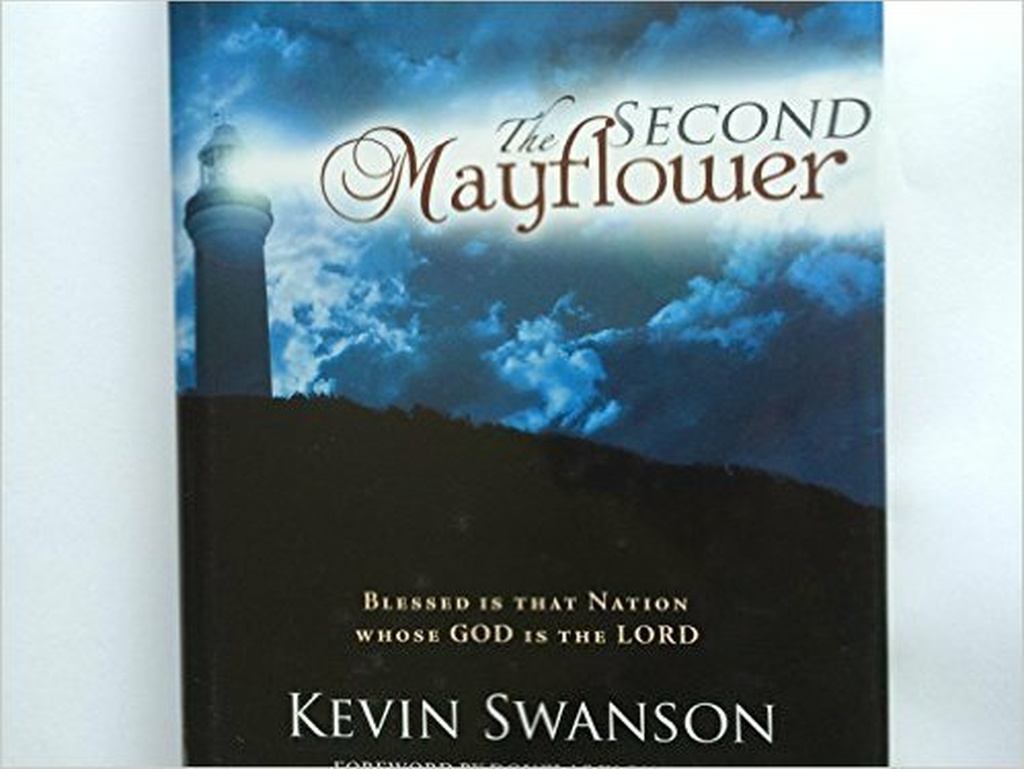
Magazine Issue
November/December 2011 Articles:

The Revolutionary Ideology

- R. J. Rushdoony
Judgment and Deliverance

- Mark R. Rushdoony
Rx for Turning America “Rightside Up” -- Part 1
- Buddy Hanson
Why Check-Book Theology is Necessary—Part 2: Don’t Circle the Wagons
- Ian Hodge

The Expectation for Children

- Andrea G. Schwartz

Review: The Second Mayflower by Kevin Swanson

- Lee Duigon